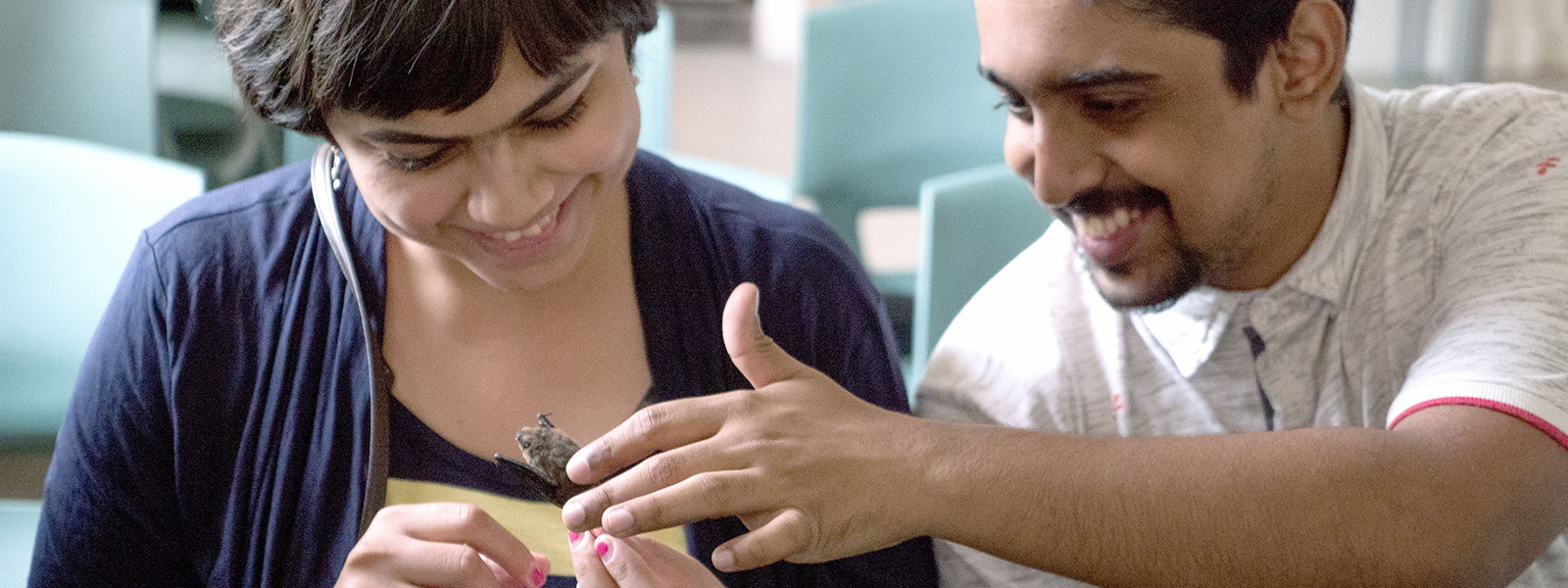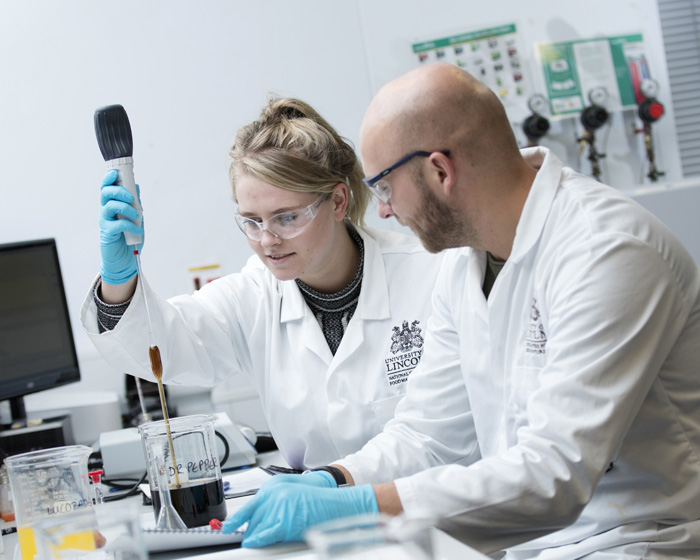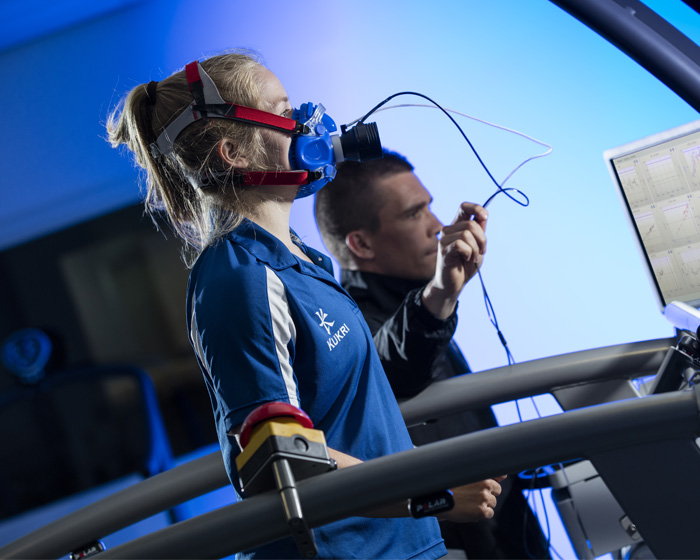Public Engagement with Research

Sharing the Benefits
The University of Lincoln is committed to public engagement with research. Research is fundamental to our mission as a university - this includes sharing the benefits of research with the wider public and creating opportunities for people to get involved.
Public engagement in research is a two-way process which can involve interaction, participation, and learning. It spans a wide variety of activities - from public lectures and showcase events, to members of the public taking party directly in real research projects.
Lincoln is a signatory to the Manifesto for Public Engagement published by the UK's National Co-ordinating Centre for Public Engagement (NCCPE).
You can find out more about the University of Lincoln's approach by reading our Public Engagement with Research Strategy (PDF).
Discover More

Award-winning Industry Links
The University of Lincoln is recognised as setting a blueprint for excellence in our pioneering approach to working with industry. We have built a reputation for understanding and responding to the needs of business, forging strong industry links to address specific skills gaps and real-world commercial challenges.

